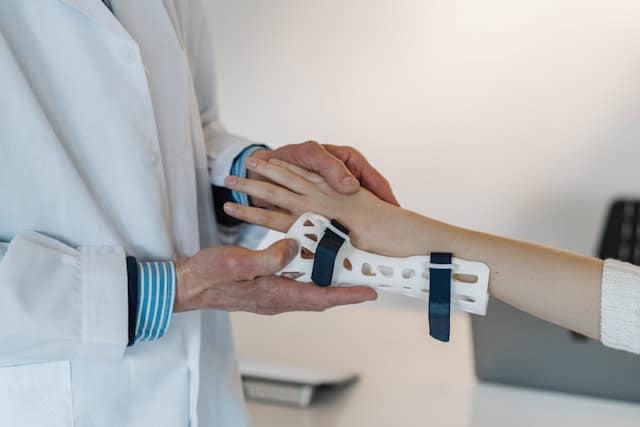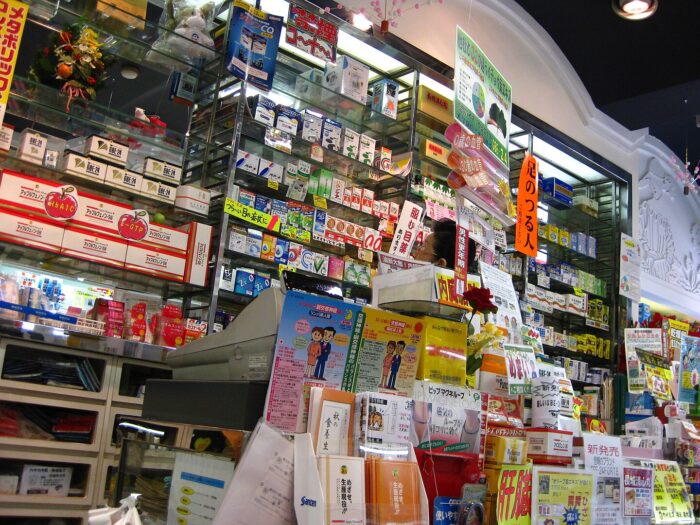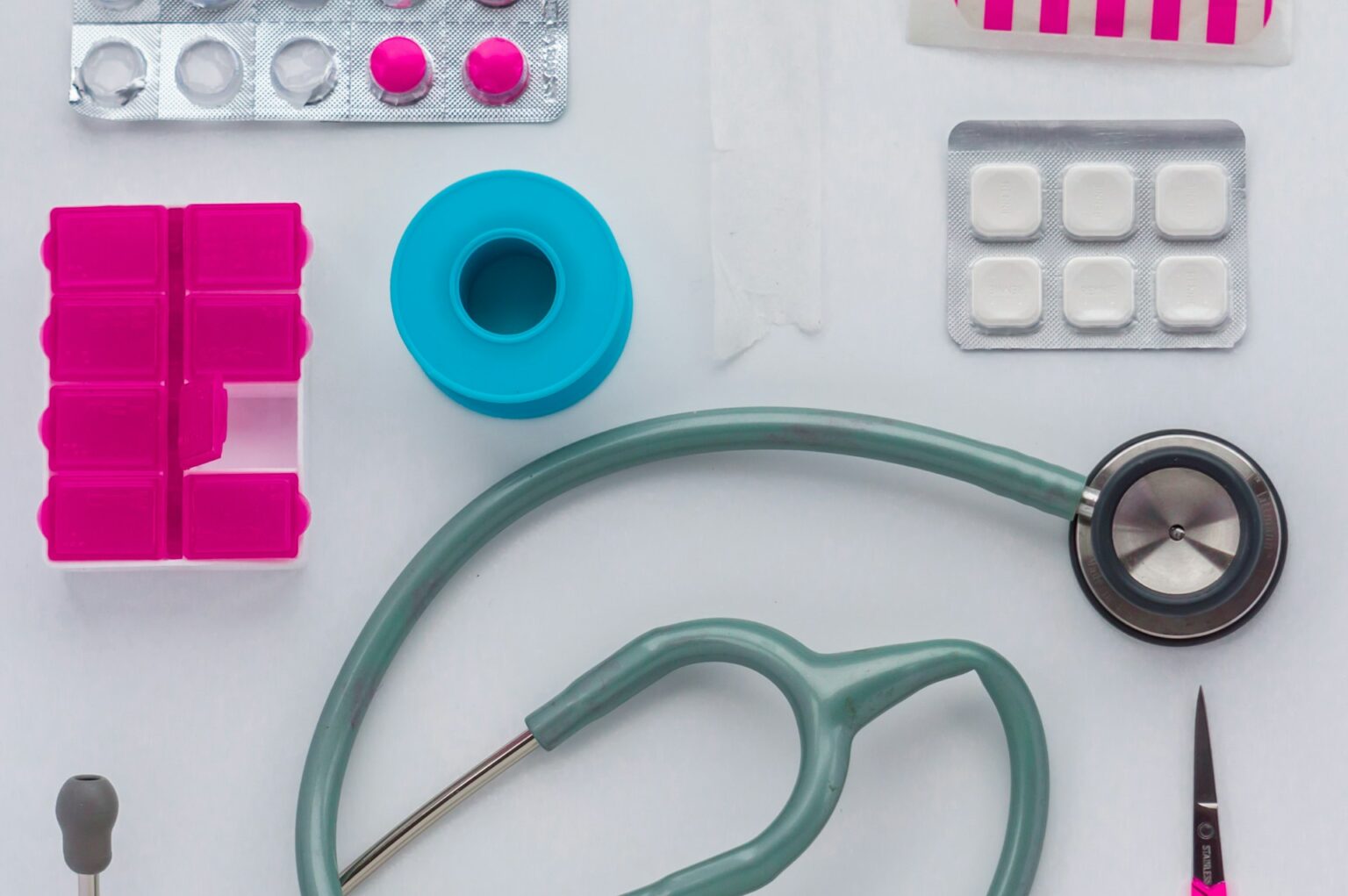From sniffles to something more serious, navigating health care systems in a foreign country can be daunting.

Mel from the medical team at Robin Assist answers questions about health care for travellers in Japan.
Mel is a critical care nurse from Melbourne, Australia, who works for Robin Assist’s medical team.
Hi Mel! Tell us a little about yourself.
I began my career back in 1999 after completing my undergraduate. After 8 years of working as an ER/ICU nurse, I found a love for travel and began combining critical care and travel when I started working as a nurse case manager and flight nurse.
Prior to working in travel assistance, I never really thought about travel insurance. I only knew I should have it. I never had the misfortune of needing to call the assistance number or ask for help and didn’t really understand what my policy offered.
As part of the Robin Assist medical team, my role is to make sure travellers are safe, get the treatment they need, and home safely.
What’s the biggest misconception people have about health care abroad?
The biggest mistake travellers have is the expectation that the healthcare system at their destination is the same as in their home country.
Although some countries do have similar systems, many do not. Setting expectations prior to travel is something I believe is very important, along with providing travellers the skills and information to get help when the need arises.
This is especially related to healthcare for travellers in Japan.

What do travellers need to know about medical care in Japan?
- They have a world class hospital/medical system and is among the best in the world
- Hospitals do not have walk in emergency departments
- If you have an emergency, you MUST call an ambulance
- All other visits require an appointment
- The Japan National Tourist Organisation (JNTO) has an informative website in English for most health-related needs
- You are expected to wear a mask in public if you feel unwell
If I have the sniffles, where can I buy cold medicine or pain relievers?
In Japan drug stores and pharmacies both exist. However, they offer different services.
Drugstores (doraggu suota in Japanese) are similar to a health and beauty store, offering only over-the-counter medications and other personal products.
A pharmacy, (yakkyoku) on the other hand, will be able to assist with any prescribed medication. It is important to note that all medications will require a prescription from a registered doctor.
Hospitals and clinics in Japan do not usually dispense medications and you will be required to fill these at a local pharmacy.
On the JNTO website, you can search for OTC medicines by body part or problem. The results show a photo of the package, the name (in English and Japanese) of the product, and the price. You can click on a selection to view more information, including active ingredients, dosage, and contraindications.
The URL for the site is https://www.jnto.go.jp/emergency/eng/mi_guide.html

If I need a refill, will my foreign prescription work?
Unfortunately, foreign prescriptions do not work in Japan. If you need to refill a prescription, you must first get a Japanese prescription from a local doctor. Some medications and devices have to be declared when entering the country.
You should always carry more than needed prescription medications when travelling because medication brands, strengths, and availability differ from country to country.
If my sniffles turn into something worse, can I go to a clinic without an appointment?
Unfortunately, you cannot visit a hospital or a clinic without an appointment. However, you can use the Japan Visitor Hotline for help in English to find a clinic or hospital in your location. The number is 050-3816-2787 and is available 24/7.
If you need immediate emergency care, call 119. If you are unable to make a phone call, you can show this message to a Japanese person. It states: ‘Please call an ambulance’.

What’s the best way to find a clinic or hospital?
If you believe that you have an emergency, you should call an ambulance immediately. The emergency number is 119. When the operator answers, speak slowly and clearly. You may be transferred to an operator who speaks English. For emergency care that requires an ambulance, you do not have a choice of hospital. Not all facilities have English-speaking staff.
If you have a medical situation that does not require an ambulance, then you could start by calling the Japan tourist hotline or use its website to search your location. The hotline advises on the best facility in your area and can give you contact details, but it doesn’t book appointments. You have to make the appointment yourself.
You can also ask the front desk at your hotel or staff at a tourist information centre.
If you need help with this process, contact your travel insurance’s medical assistance team.
Most medical treatment facilities anywhere require patients to fill out forms. How do I do that when I can’t read/speak Japanese?
The JNTO website has templates of essential forms in English and Japanese. When visiting a doctor, don’t forget to bring all of your medications and their prescriptions.
Not all health care professionals speak English. The JTNO site has a helpful page with illustrations of body parts, descriptions of symptoms, and levels of discomfort, in English and Japanese.
The JNTO has a downloadable guidebook that includes forms in English and Japanese, a page with pictures of body parts and ailments, a link to a list of medical institutions that accept overseas visitors, and more.
It’s a good idea to complete the basic medical form before your trip. That way, if you get sick or have an accident, it’s already filled out. The URL for the guidebook is https://www.jnto.go.jp/emergency/common/pdf/guide_eng.pdf
Is telehealth supported in Japan?
Telehealth is available. Contact your insurance provider for a telehealth company that is covered by your insurance policy.
Paying for health services
When shopping for travel insurance, look for a policy that offers cash-free international medical insurance that is supported in Japan.
Most hospitals and clinics do not work with insurance unless the costs for care are over $1000, and some do not accept credit cards. Make sure that you have enough cash to cover your expenses.
For any medical visit, it’s important to contact your medical assistance team as soon as possible. They may be able to coordinate payment, arrange or suggest follow-up care, and let you know what documents you need to file a claim.
Medical reports
Make sure you request a medical report or request for it to be sent to you and keep the receipts for any claim.
There are strict privacy laws in Japan and because of this, hospitals do not provide insurance companies with medical reports. Medical reports are also only available on discharge, so please make sure you get a copy of your reports before you leave the facility.
Robin Assist | Perfecting the customer experience in travel insurance








